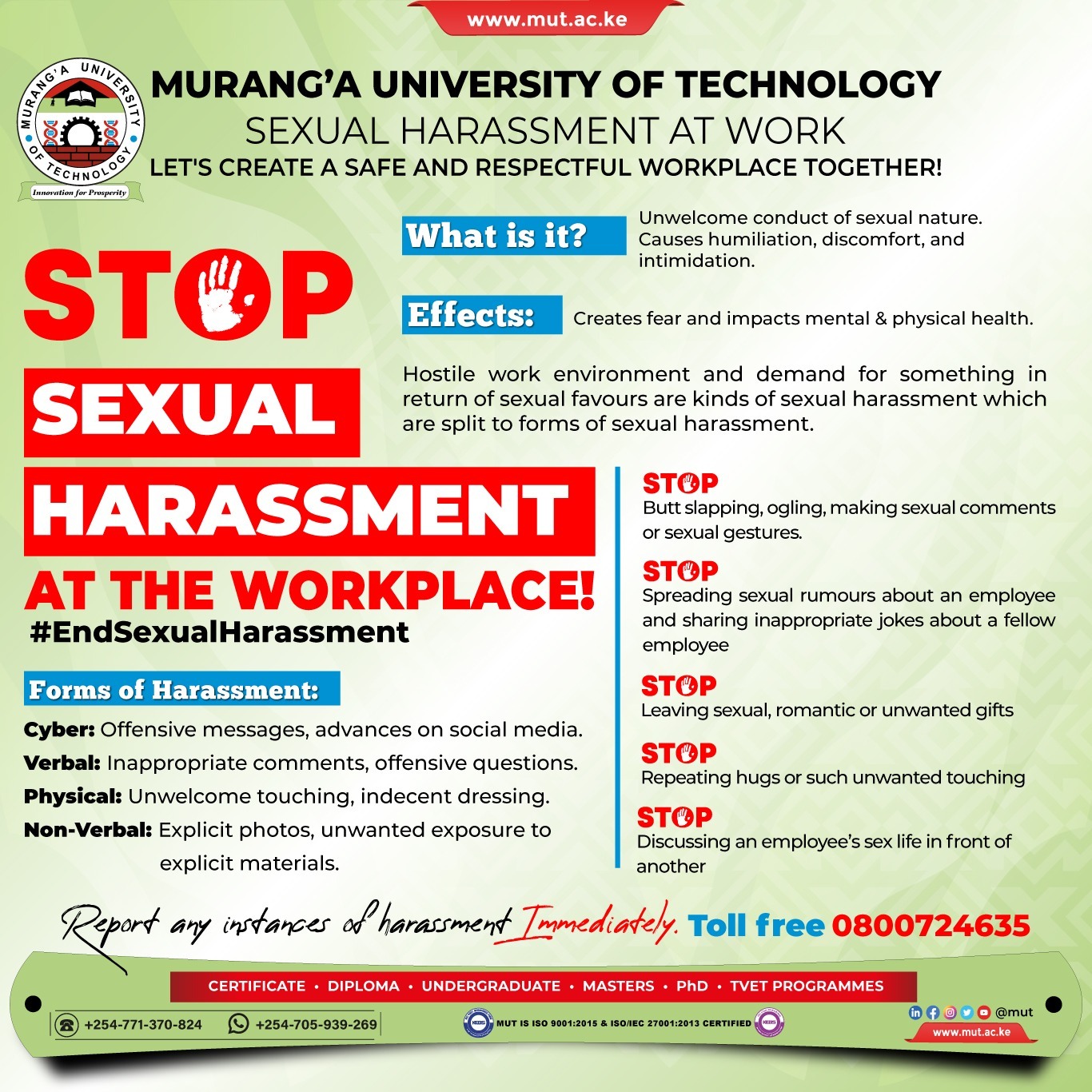Sexual violence: any sexual act/attempt to obtain a sexual act,unwanted sexual comments or advances, or acts to traffic [aperson’s] sexuality, using coercion, threats of harm or physical force, by any person regardless of r/ship to the survivor, in any setting including but not limited to home and work.”
Confidential information: Confidential information about sexual harassment cases can be provided through hotlines, anonymous letters, or individual reporting.
Rape Victim: A person who is forced to engage in sexual intercourse without consent
Sodomy: Forced anal and/or oral sex is common among men and can also affect women.
Survivor: A person who has experienced sexual harassment or rape, whether they sought medical help or not, and is still dealing with the aftermath of the ordeal.
Post-rape care: Care for rape victims includes medical attention, counseling, follow-up, and legal action as needed.

